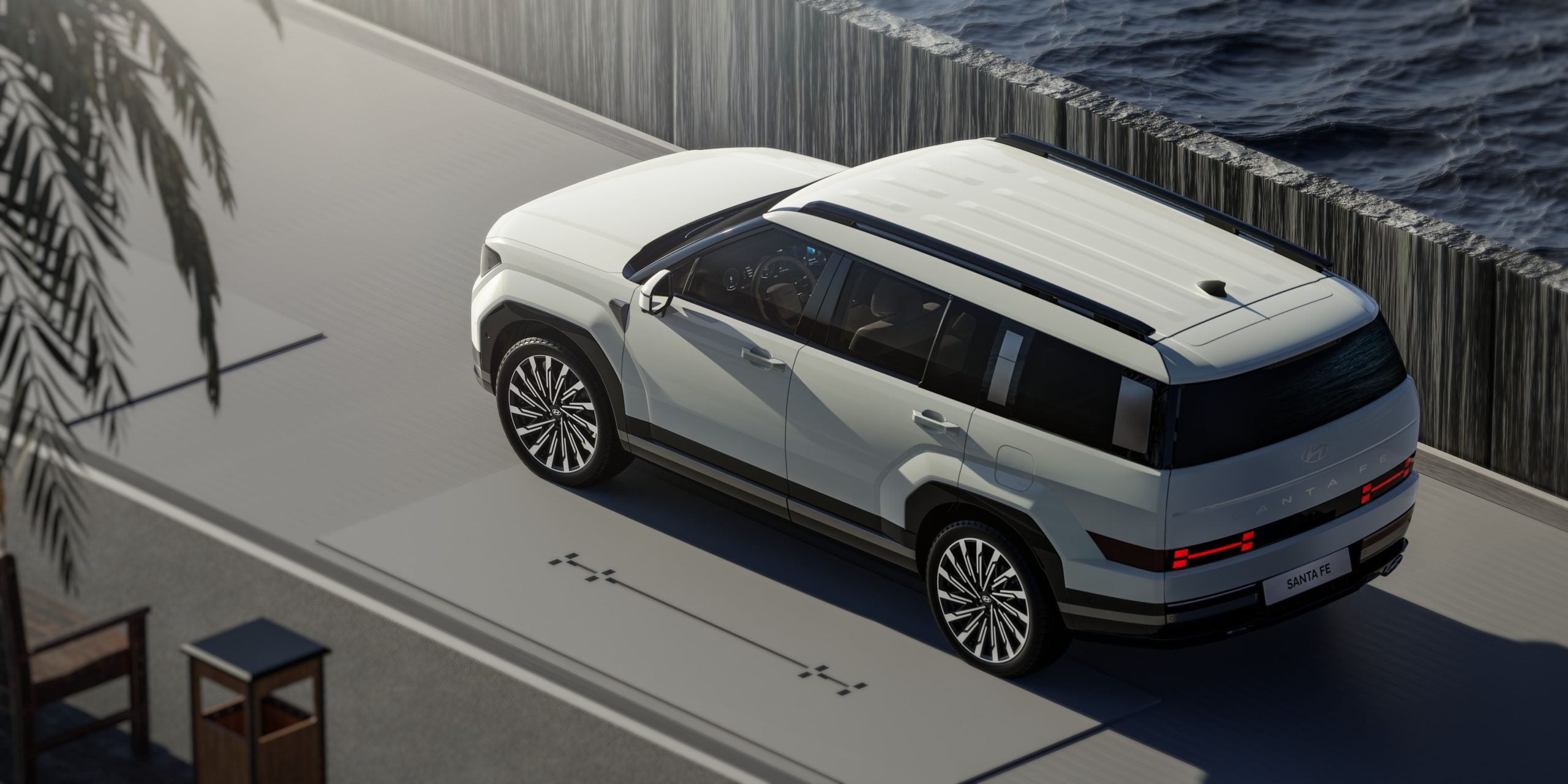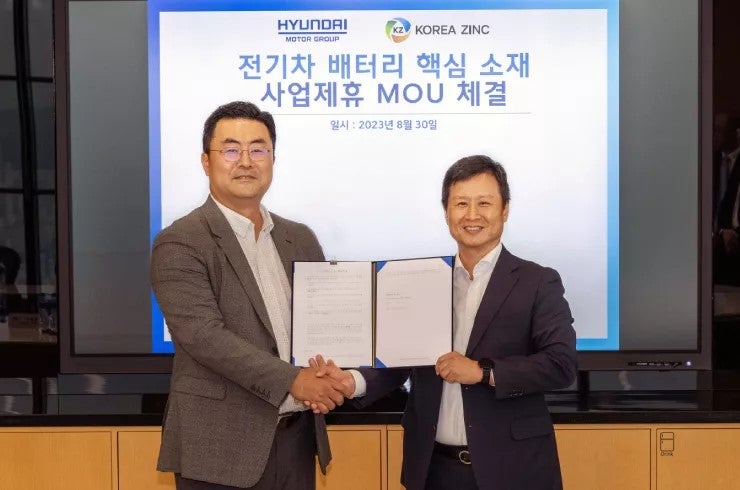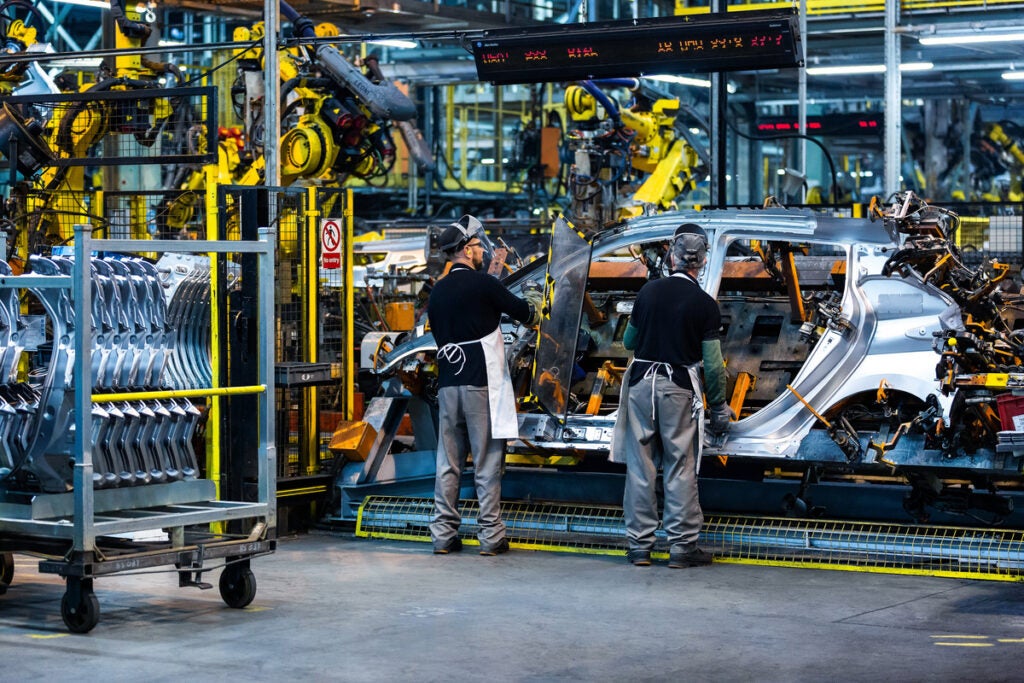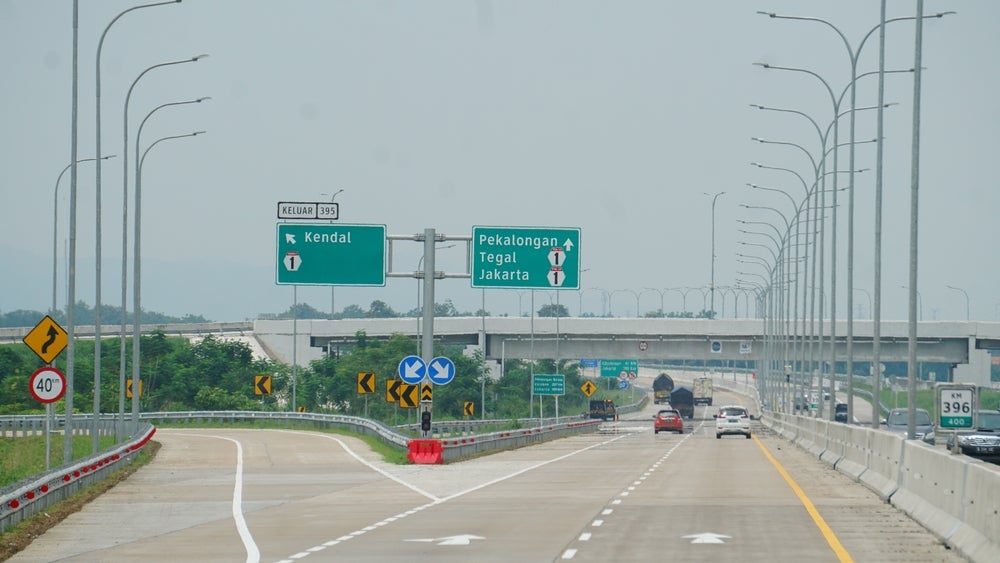
Domestic sales by South Korea’s five main automakers combined fell 5.8% year on year to 115,358 units in July 2023 from 122,404 a year earlier, according to preliminary wholesale data released individually by the companies.
As usual, the data did not include sales by low volume commercial vehicle manufacturers or imported vehicles which are covered by a separate report.
The slowdown followed a strong first half with declining sales most prevalent among the smaller brands. It also came after a series of interest rate hikes by the central bank over little more than a year, to 3.5% from 1.25% in early 2022.
Hyundai was the best performing domestic automaker last month with sales rising 2% to 57,503 units while Kia volume fell 7% to 47,964 units.
Among the smaller automakers, GM Korea reported a slight sales increase to 4,143 units while KG Mobility fell 34% to 4,043 units and Renault Korea local deliveries plunged 60% to 1,705 units.
Year to date (YTD) domestic vehicle sales were still up 13% at 876,851 units from 774,098 in a year ago.
Global sales by the country’s ‘big five’ automakers, including vehicles produced overseas by Hyundai and Kia, increased 1% to 651,828 units in July from 644,010 a year earlier, while YTD sales were 11% higher at 4,653,509 from 4,189,038.
Exports increased 3% to 536,470 units last month from 521,706 while YTD volume was 11% higher at 3,776,658 from 3,397,389.
Hyundai Motor global sales increased 1% to 334,968 units in July from 330,846 a year earlier with domestic and overseas sales growth slowing sharply compared with previous months. YTD global sales were still up 9% at 2,416,508 units from 2,209,887 a year ago.
Domestic sales increased 2% to 57,503 units last month from 56,305 units a year earlier, and YTD sales rose 16% to 454,053 from 390,701 units reflecting strong demand for the redesigned Grandeur sedan and the company’s strong SUV range. Hyundai launched the redesigned Kona compact SUV range this year, including an electric variant, and planned to launch a new Santa Fe later this year.
Overseas sales increased 1% to 277,465 units in July from 274,541 units while YTD volume was up 8% to 1,962,455 from 1,819,186 reflecting strong demand for SUVs in key regional markets including North America, Europe and India.
Earlier this year Hyundai said it planned to increase global sales 10% to 4.32m units in 2023, helped by “optimised business strategies tailored for each region”. This included 3.54m overseas sales and 781,000 at home.
Kia global sales were just slightly higher at 260,472 vehicles in July from 259,733 a year earlier, reflecting a sharp decline in domestic sales. YTD sales were still up 9% at 1,836,495 units from 1,679,219, driven by strong demand for SUVs such as the new Sportage and the redesigned K3 sedan. Improved semiconductor supplies also enabled the company to lift production this year.
Domestic sales fell 7% to 47,964 units last month from 51,625 a year earlier, with the Carnival [aka Sedona] MPV and Sorento SUV the best selling models. YTD sales increased 9% to 342,684 units from 314,516 previously.
Export sales rose 2% year on year to 212,508 units in July from 208,208 and by 9.5% to 1,493,811 YTD from 1,364,703 units, reflecting robust demand for SUV models such as the Sportage and Seltos in North America, Europe and India.
At the beginning of 2023, Kia set a target of increasing global sales 10% to 3.2m units in 2023, including 585,120 domestic sales and 2.61m exports. The automaker will continue the global launch of its new EV9 BEV SUV in the second half with deliveries in North America and Europe scheduled to begin in the fourth quarter, followed by the EV5 compact SUV and the EV6 sedan.
Kia’s medium term target is to sell 4.3m vehicles annually by 2030 of which 1.6m are expected to be BEVs.
GM Korea global sales surged 56% to 40,705 vehicles in July from 26,066 a year earlier, reflecting strong export sales following the introduction of the new Trax crossover vehicle at the Changwon plant in February. YTD sales were up 71% at 255,011 units from 148,822.
Local sales were just slightly higher at 4,143 units last month from 4,117 a year earlier, while YTD sales were up 7% at 23,127 from 21,668 units underpinned by the new Trax and Bolt EV.
Exports jumped 67% to 36,562 units in July from 21,949 and by 82% to 231,884 YTD from 127,154.
KG Mobility [nee Ssangyong] global sales increased just 1.5% to 10,848 vehicles in July from 10,692 with strong exports offsetting a sharp decline in domestic sales. YTD sales were up 30% at 75,813 units from 58,281.
Domestic sales plunged 34% to 4,043 units last month from 6,100 but were still up 26% YTD at 43,012 units from 34,277. The company said it would launch the new Torres EVX SUV, powered by a lithium iron phosphate battery pack, in September.
KG Mobility recently displayed three more battery powered vehicles, the O100 pickup truck built on a dedicated EV platform, the F100 based on the Rexton SUV and the subcompact KR10 SUV.
Exports rose 48% to 6,805 units last month from 4,592, helped by the recent launch of the Torres in Europe and by 37% to 32,801 YTD from 24,004 units.
Renault Korea global sales plunged 71% to 4,835 vehicles July from 16,673 a year earlier with local sales and exports both sharply lower. YTD sales were down 25% at 69,682 units from 92,829.
Local sales fell 60% to 1,705 units last month from 4,257 earlier, as the company struggled with rising competition from domestic manufacturers and from other imported brands, while YTD sales were down 54% at 13,975 from 30,487 units. Exports were down 75% at 3,130 units in July from 12,416 and by 11% at 55,707 YTD from 62,342.
South Korean automakers: domestic/overseas sales by brand, July 2023
| Brands | Domestic | Overseas | Global |
| Hyundai | 57,503 | 277,465 | 334,968 |
| Kia | 47,964 | 212,508 | 260,472 |
| GM Korea | 4,143 | 36,562 | 40,705 |
| KG Mobility | 4,043 | 6,805 | 10,848 |
| Renault Korea | 1,705 | 3,130 | 4,835 |
| Total | 115,358 | 536,470 | 651,828 |





